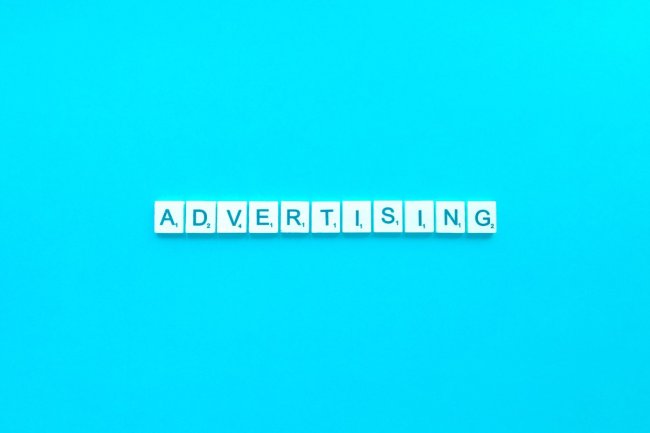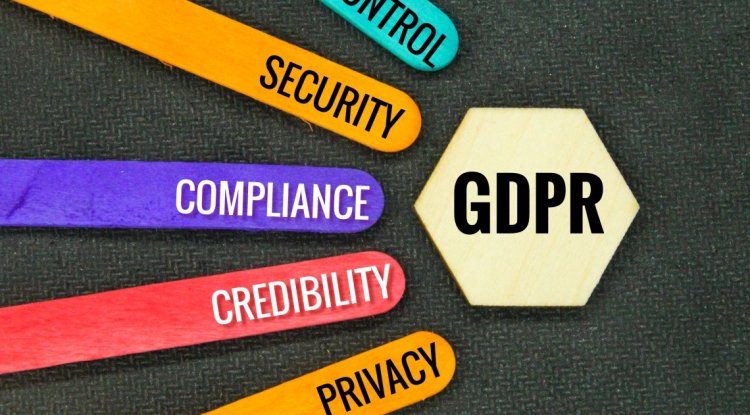Empowering Consumers: Ethical Advertising for Informed Decisions
Explore the power of ethical advertising in empowering consumers to make informed decisions. Learn how transparency, data privacy, and education play pivotal roles.

In an age where advertisements bombard us from every corner of our digital lives, the importance of ethical advertising cannot be overstated. As consumers, we deserve to be informed, not manipulated. This concept lies at the heart of empowering consumers for making informed decisions, a notion that goes beyond mere transactions—it's about building trust and nurturing long-lasting relationships.
The Impact of Ethical Advertising
Ethical advertising transcends the traditional boundaries of sales pitches and instead focuses on delivering value and accurate information to the consumers. It's about respecting their intelligence and empowering them to make choices that align with their needs and values. When businesses commit to ethical advertising, they contribute to a more transparent marketplace where trust becomes the cornerstone.
The Role of Transparency
Transparency is the cornerstone of ethical advertising. This involves providing clear, concise, and truthful information about products and services. No fine print, no hidden agendas. Transparent advertising enables consumers to evaluate offerings on their merits, fostering a sense of empowerment in decision-making.
Respecting Privacy and Data
In the digital age, personal data is a precious commodity. Ethical advertising involves obtaining and using consumer data responsibly. Businesses must prioritize data security and obtain explicit consent for data usage. Empowering consumers means respecting their privacy and giving them control over how their information is used.
Case Study: The Rise of Eco-Friendly Fashion
Consider the case of a fashion brand that embraces eco-friendly practices. Ethical advertising in this context involves transparently communicating the sourcing of sustainable materials, eco-conscious production processes, and the brand's commitment to reducing its carbon footprint. Such advertising empowers consumers to choose products that resonate with their environmental concerns.
Empowerment Through Education
Ethical advertising extends beyond product details—it includes educating consumers. Brands can provide informative content that helps consumers understand their choices better. For instance, a tech company could publish articles comparing different smartphone features, enabling consumers to make tech-savvy decisions.
Empathy and Emotional Connection
Empowerment isn't just about data and facts; it's about emotional resonance. Ethical advertising seeks to connect with consumers on a personal level, addressing their pain points and aspirations. This emotional connection fosters a sense of partnership, empowering consumers to make choices that improve their lives.
About the Author:
I am Raghav Chugh, a seasoned professional with over a decade of experience at the crossroads of digital marketing and technology. With multiple Marketo certifications, a strong foundation in automation tools, and a track record of building responsive websites, I am well-equipped to navigate the ever-evolving landscape of empowering consumers through ethical advertising.
Find out more about me on LinkedIn{:target="_blank"}.
Conclusion:
Empowering consumers through ethical advertising is not just a buzzword; it's a fundamental shift in how businesses interact with their audience. Transparency, data privacy, education, and emotional connection are the cornerstones of this approach. As consumers become increasingly discerning, the businesses that embrace ethical advertising are the ones that will forge lasting connections and inspire informed decisions. Let's embark on this journey of empowerment, shaping a future where consumers are kings and queens of their choices.
What's Your Reaction?




















